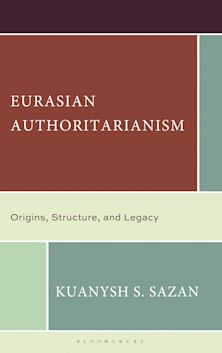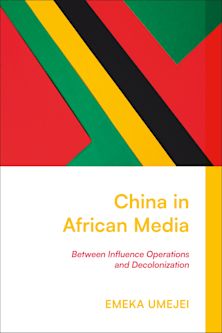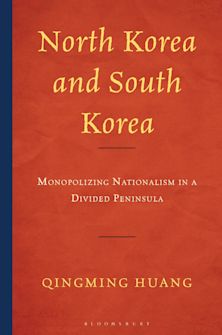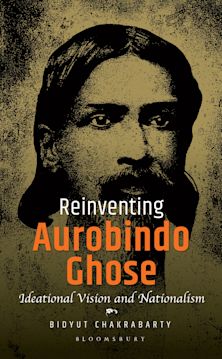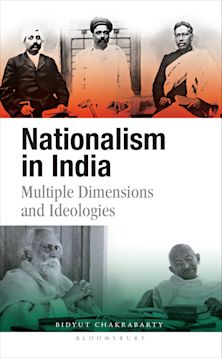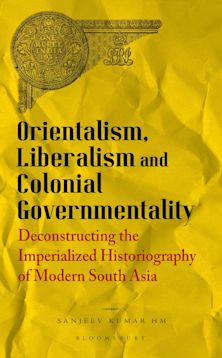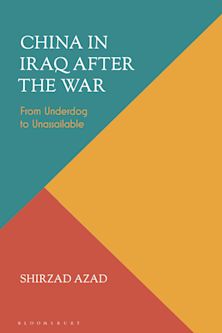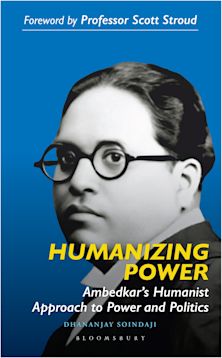Cultivating Membership in Taiwan and Beyond
Relational Citizenship
Cultivating Membership in Taiwan and Beyond
Relational Citizenship
This product is usually dispatched within 1 week
- Delivery and returns info
-
Free CA delivery on orders $40 or over
Description
Citizenship is traditionally viewed as a legal status to be possessed. Cultivating Membership in Taiwan and Beyond: Relational Citizenship proposes the concept of relational citizenship to articulate the value-laden, interactive nature of belongingness. Hsin-I Cheng examines the role of relationality which produces and is a product of localized emotions. Cheng attends to particular histories and global trajectories embedded within uneven power relations. By focusing on Taiwan, a non-Western society with a tradition to adeptly attune to local experiences and those from various global influences, relational citizenship highlights the measures used to define and encourage interactions with newcomers. This book shows the multilayered communicative processes in which relations are gradually created, challenged, merged, disrupted, repaired, and solidified. Cheng further argues that this concept is not bound to nation-state geographic boundaries as relationality bleeds through national borders. Relational citizenship has the potential to move beyond the East vs. West epistemology to examine peoples’ lived realities wherein the sense of belonging is discursively accomplished, viscerally experienced, and publicly performed.
Table of Contents
Introduction: Multiculturalism, Communication, and Critical Citizenship Studies
Chapter 1: Taiwan—Hybridity of Intercultural Practices
Chapter 2: Relational Citizenship as a Communication Strategy for National Identity and Border
Management
Chapter 3: Citizens as Relational Partners
Chapter 4: Embodied Relational Citizenship in the Public: Place, Visibility, and Emotions
Chapter 5: Relational Citizenship Beyond Taiwan–the United States
Conclusion: Relational Framework in Communicating About Citizenship
Bibliography
Product details
| Published | Dec 10 2020 |
|---|---|
| Format | Hardback |
| Edition | 1st |
| Extent | 252 |
| ISBN | 9781498581509 |
| Imprint | Lexington Books |
| Illustrations | 16 b/w photos; 1 tables; |
| Dimensions | 241 x 162 mm |
| Series | Transnational Communication and Critical/Cultural Studies |
| Publisher | Bloomsbury Publishing |
Reviews

ONLINE RESOURCES
Bloomsbury Collections
This book is available on Bloomsbury Collections where your library has access.












